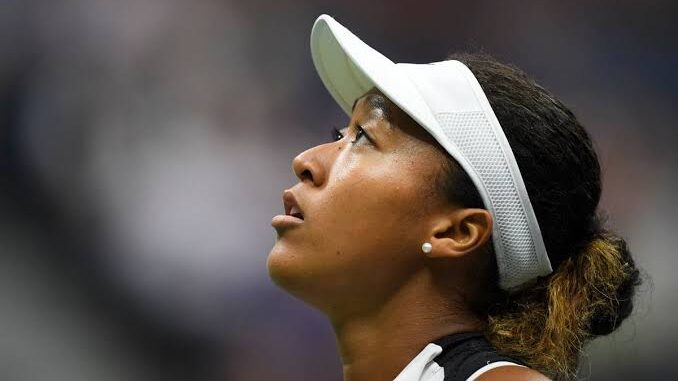
What Could Be the Reason Behind It? Naomi Osaka Withdraws from Next Week’s Japan Open…
Naomi Osaka’s withdrawal from the upcoming Japan Open has sparked significant concern and curiosity among her fans and the broader tennis community. While the precise reasons behind her decision remain somewhat unclear, there are several potential factors that could have influenced her choice.
Physical Fitness and Injury Concerns
One of the most plausible reasons for Osaka’s withdrawal is physical injury or fitness concerns. Throughout her career, Osaka has struggled with a series of physical ailments, including elbow and back issues. These injuries have often led to her pulling out of tournaments or taking extended breaks. In recent years, Osaka has been more open about her struggles with maintaining physical fitness, and it is possible that her decision to withdraw from the Japan Open is tied to avoiding further injury or to give her body time to recover.
Osaka had previously pulled out of tournaments earlier in 2023, and it’s clear that maintaining her physical health has become a priority. For a player of Osaka’s caliber, one injury could have serious consequences on future performance and long-term career prospects, making it essential for her to listen to her body and make decisions that benefit her well-being.
Mental Health Challenges
Osaka has been vocal about her mental health struggles, especially since her 2021 French Open withdrawal, which was motivated by anxiety and depression. The intense pressures of being a global tennis superstar, combined with the constant media scrutiny and expectations placed on her, have often led Osaka to step back from the game when she feels overwhelmed.
In 2022, she took a break from tennis to focus on her mental health, and she has since emphasized the importance of prioritizing her mental wellness. With the Japan Open being held in her home country, the decision to withdraw could also stem from the desire to avoid the immense pressure of competing in front of a local crowd. The emotional and psychological toll of constantly being in the spotlight may have played a role in her decision.
Personal Life and Family Considerations
Osaka’s personal life has been in the spotlight in recent years, particularly following her marriage to rapper Cordae and the couple’s welcoming of their first child in 2023. Balancing a professional tennis career with family responsibilities can be challenging, and Osaka may be prioritizing her family and personal life at this stage in her career.
Motherhood, in particular, can bring about significant lifestyle changes, and Osaka has been more open about adjusting her approach to tennis since becoming a mother. It’s possible that she decided to step back from the Japan Open to devote more time to her family, rather than face the rigors of competition at this point in time.
Uncertainty About Future in Tennis
Another factor contributing to Osaka’s withdrawal could be her uncertain relationship with competitive tennis. While Osaka has maintained a presence on the WTA Tour, her performance in recent years has been inconsistent. After winning the 2021 Australian Open, she struggled to regain the same level of form, and it’s unclear what her long-term commitment to the sport is. Osaka has frequently spoken about wanting to step away from tennis or consider retiring early, particularly when she feels she has achieved all that she set out to accomplish.
Her withdrawal from the Japan Open could be a signal that she is reconsidering her approach to her career, taking time to reflect on her future and whether continuing to play professional tennis aligns with her goals and happiness. Osaka has already made substantial achievements in her career, including winning four Grand Slam singles titles, and may be at a crossroads, contemplating the next phase of her life.
External Factors
It is also possible that there are external pressures influencing her decision. From travel and logistics complications, especially in the aftermath of the COVID-19 pandemic, to the increasing commercialization of tennis and the demands of sponsors, there are many factors beyond physical and mental health that can affect a player’s decision to withdraw from a tournament.
In conclusion, Naomi Osaka’s withdrawal from the Japan Open is likely the result of a combination of physical, mental, and personal factors. Given her history of injury struggles and the very public challenges she has faced with her mental health, it is understandable that Osaka would prioritize her well-being. As one of the most successful and influential athletes of her generation, it is also clear that Osaka is carefully navigating her future in tennis, balancing professional goals with personal life considerations. Whatever the reasons behind her withdrawal, it’s a reminder that athletes are multifaceted individuals with their own health and happiness as top priorities.



Be the first to comment